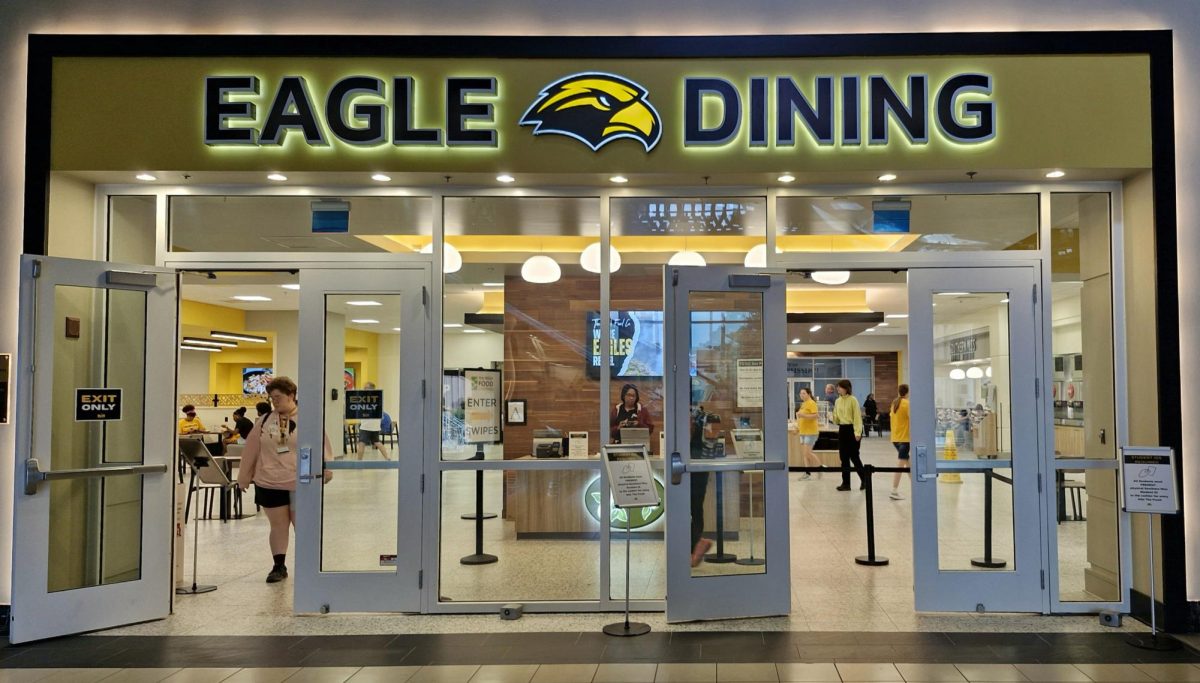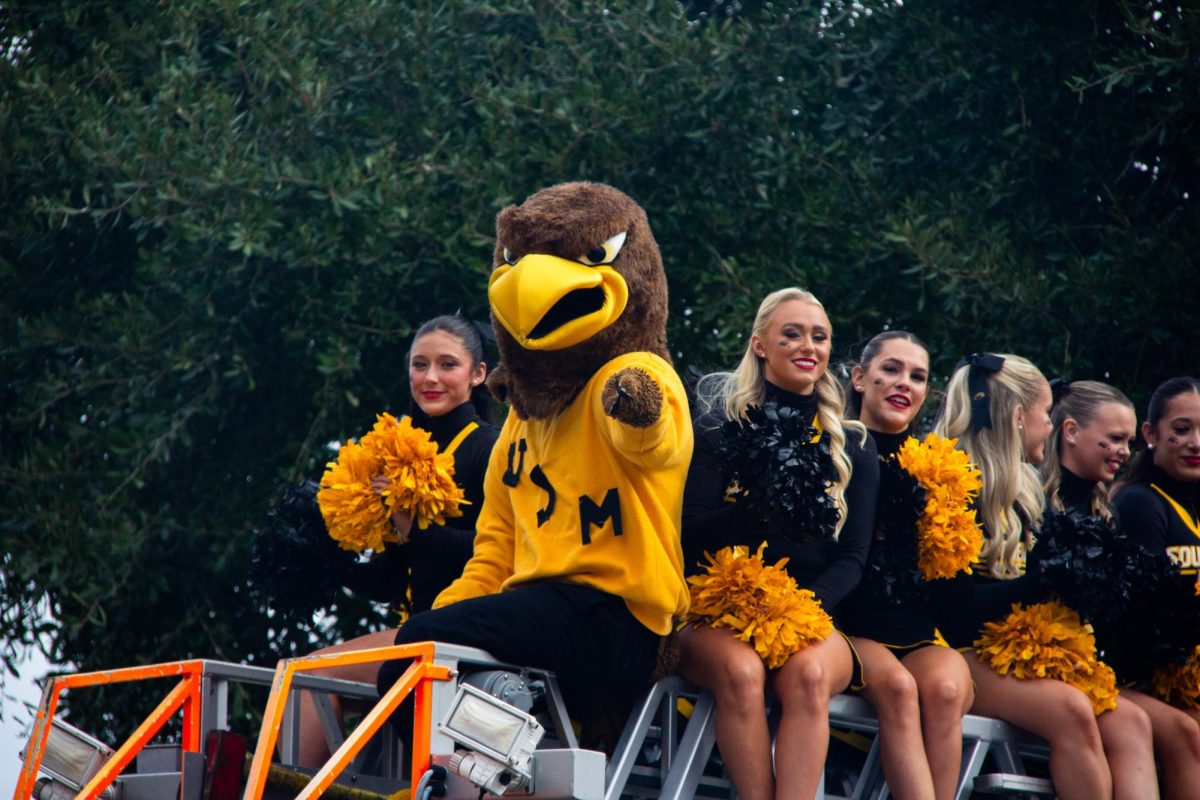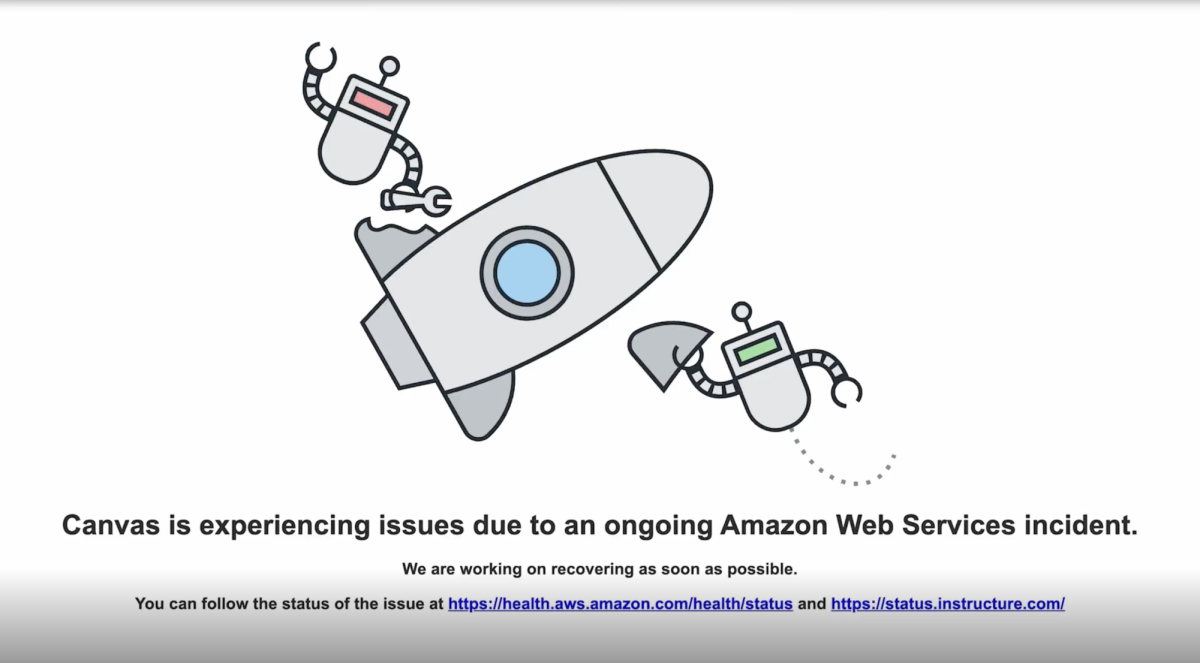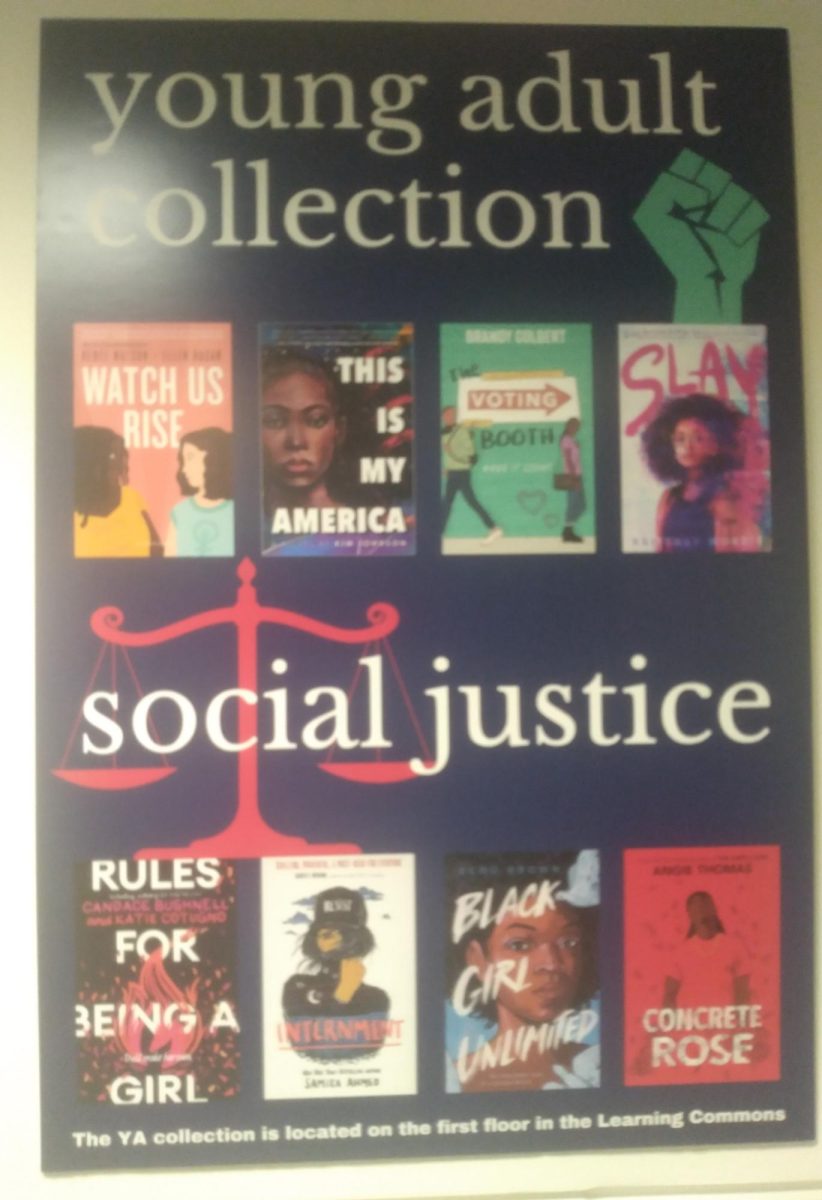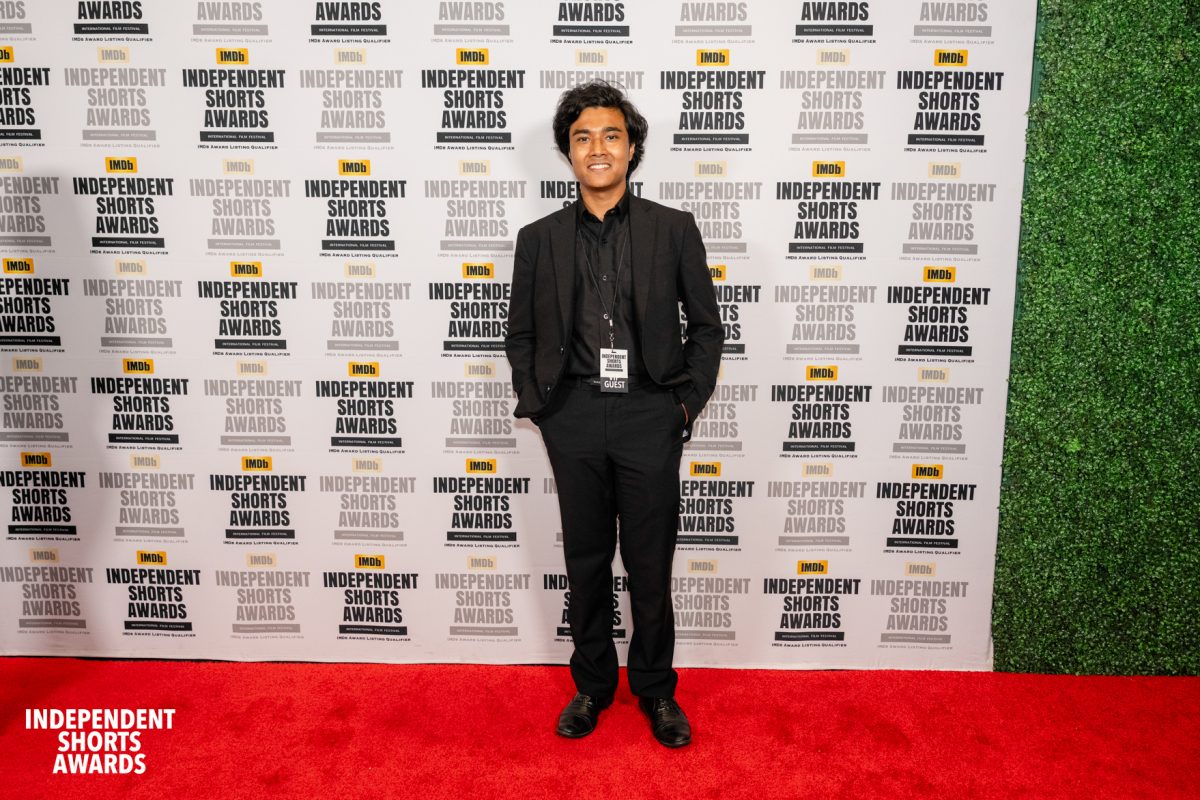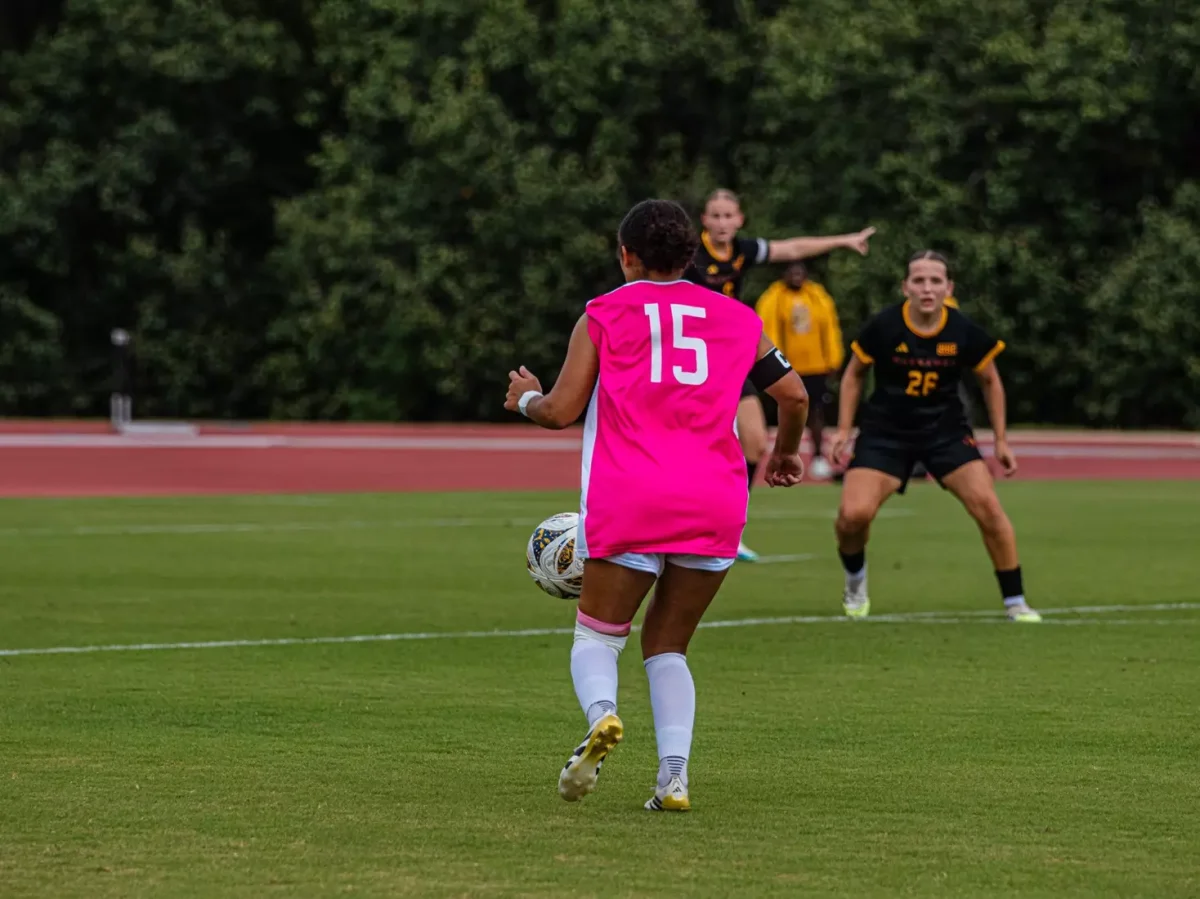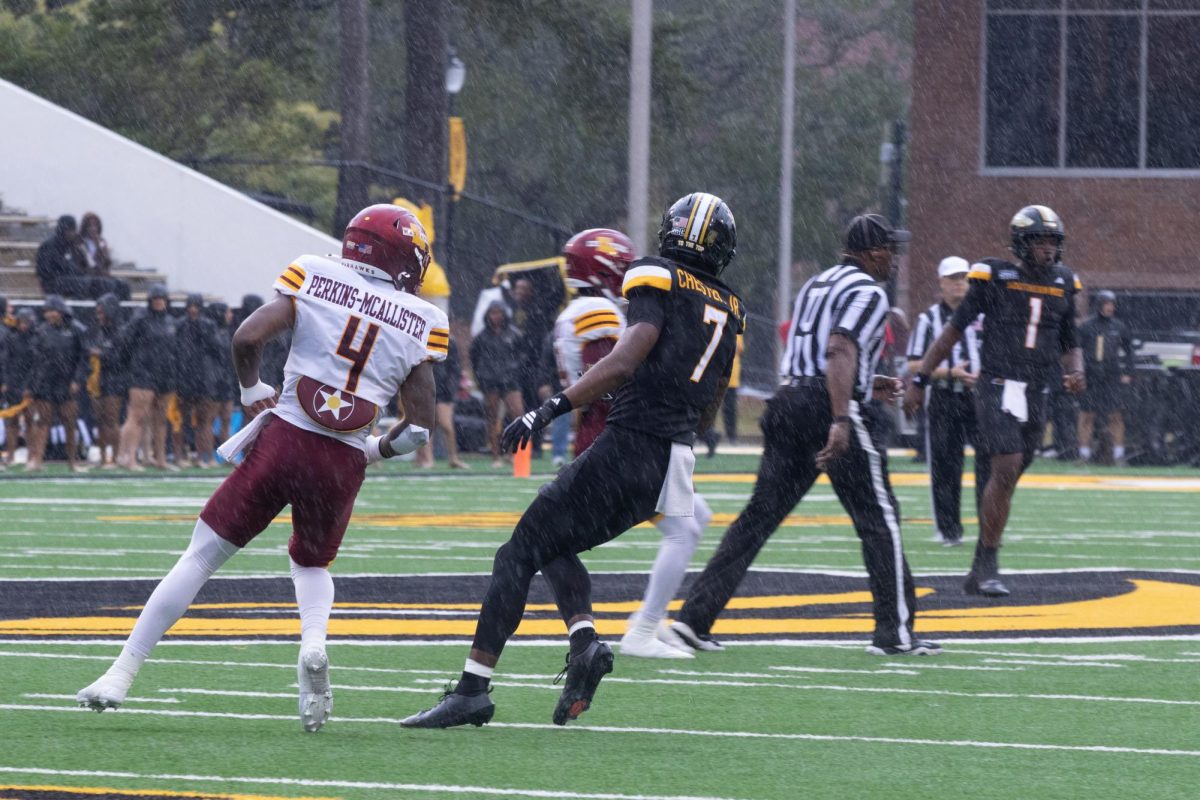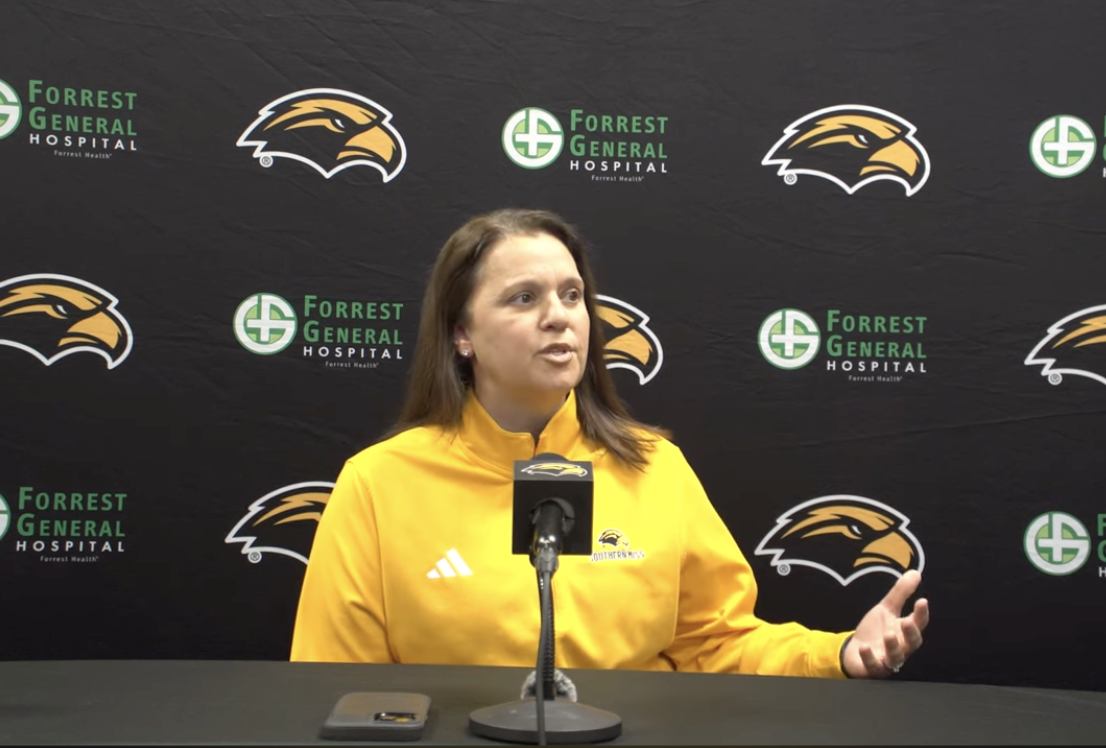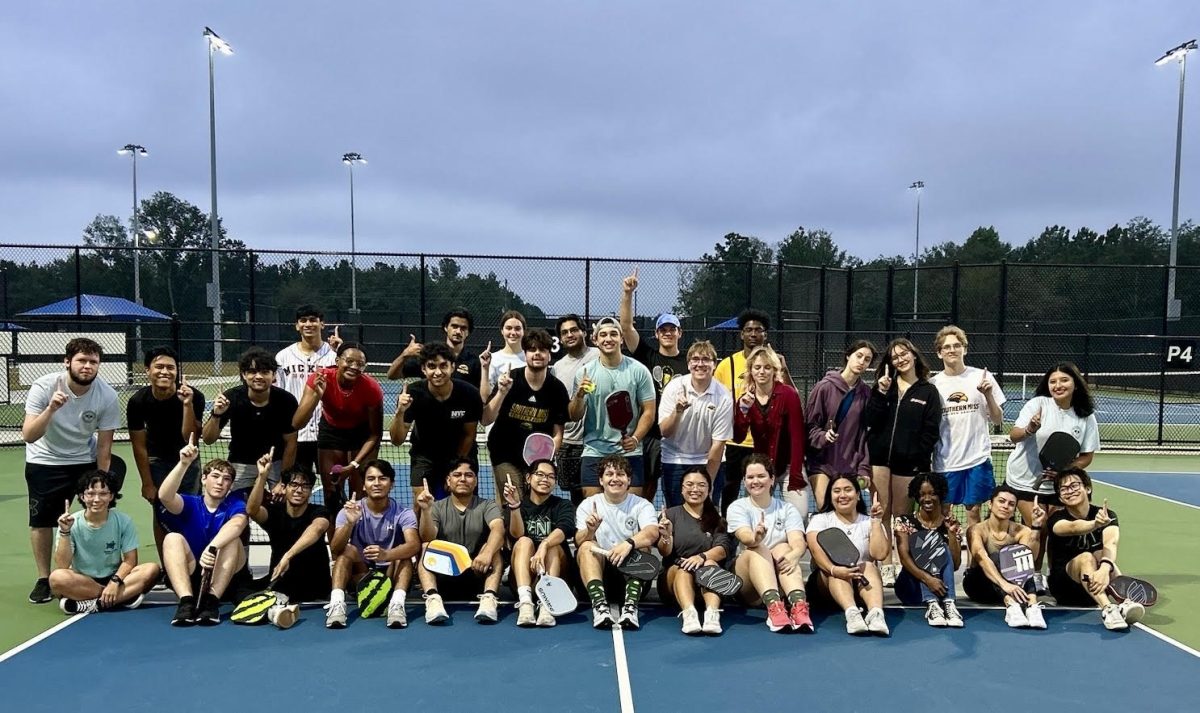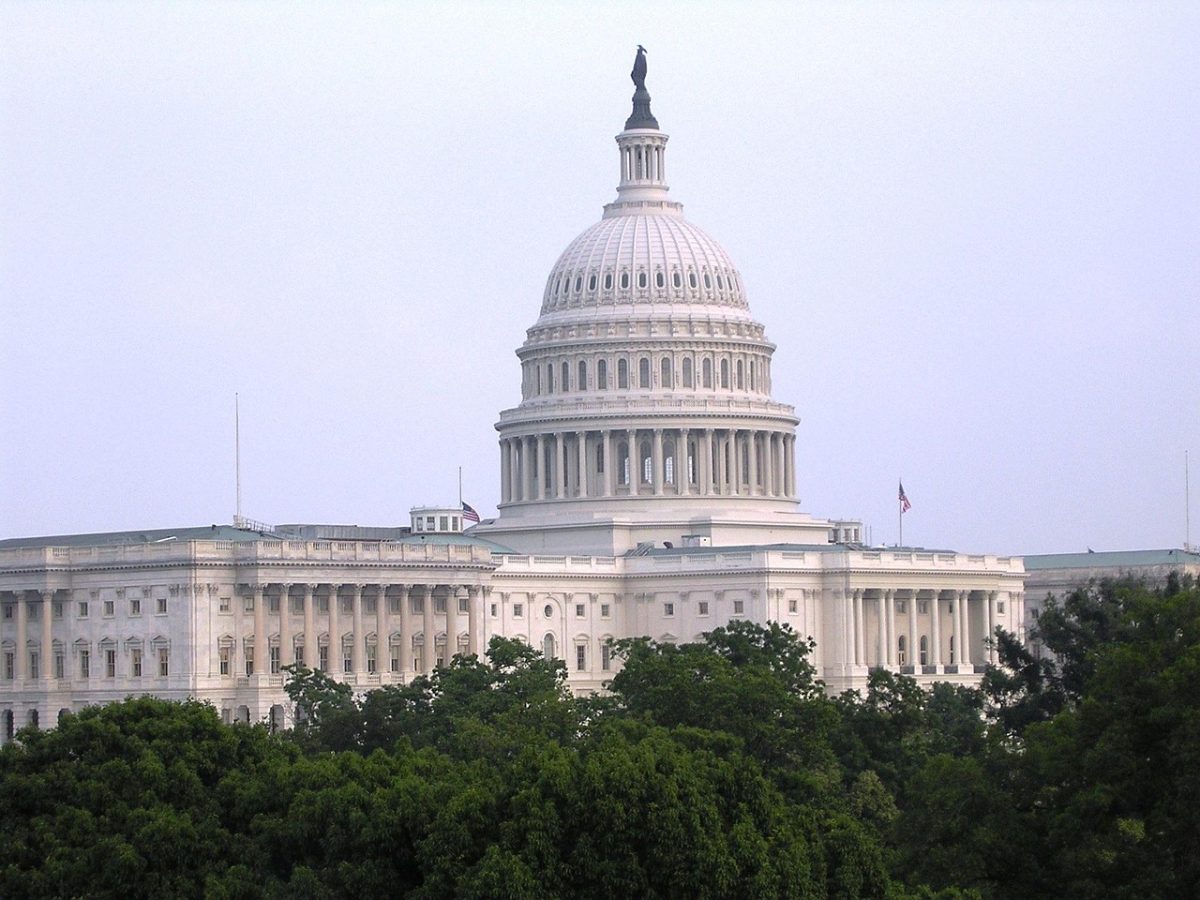The secular movement is growing, as more nonreligious individuals are replacing and influencing their religious counterparts of past generations.
The Pew Research Center announced in its newest Religious Landscape Survey this year that the percent of Americans unaffiliated with religion rose from 16 percent to 23 percent in just seven years. This rise is fueled primarily by young millennials rejecting religion and remaining secular as they grow older. The number of self-identifying atheists and agnostics rose to 11 percent.
The Secular Student Alliance, a national nonprofit representing nonreligious students, claims that this growth gives it power as a new force.
“Today’s millennials are rejecting religion in droves, and they won’t stand by as reproductive health is restricted and their LGBTQ friends are stigmatized,” Secular Student Alliance executive director August Brunsman IV said in a press release. “The Religious Right pulled our country toward intolerance for far too long, and young secularists are finally here to pull it back.”
Since the Secular Student Alliance is an educational nonprofit national organization and involved at numerous universities, The University of Southern Mississippi has its own Secular Student Alliance developed through the Office of Student Activities. The group is currently inactive, as it is going through the process of becoming an official university organization due to a previous lack of turnout at meetings.
The main setback group leader Kevin Clifton deals with is attendance. Its small number of members, however, is expected to grow, as more and more free thinkers are exposed to the group and its initiatives to unite nonreligious students. The group consists of and encourages atheists, agnostics, areligious, secular and free-thinking individuals to join.
The organization writes on the USM website of Special Interest Student Organizations, “We insist upon reason and logic as being our guiding principles. Also, we like helping out the university and community as a whole pertaining to societal issues.” The SSA’s wide scale purpose is to educate high school and college students about the importance of scientific reason as well as the intellectual basis of secularism in its atheistic and humanistic manifestations.
Clifton is the president of the Secular Student Alliance at USM and has been an atheist ever since his personal growth led to his leaving Christianity.
“Being known as an atheist carries with it a certain stigma in the South,” Clifton said. “Nonetheless, I have made peace with this.”
A conversation about any faith, or lack thereof, can be difficult in an evangelically dominant state like Mississippi. Many with seemingly uncommon beliefs have felt like outcasts, even in the Hattiesburg community.
“People can be very critical and unacceptable of my ideals and beliefs,” said a senior healthcare marketing major who requested to remain anonymous. “It is frustrating to attend an event that is not supposed to be religiously tied and have to bite my tongue when someone begins to pray to a god I don’t believe in. I am not concerned about being offended, but I wish people would embrace the idea that not everyone believes the same thing, and as a society we should work toward unity and acceptance.”
The student believes that agnostics and atheists are seen as evil by some of the religious community and that this misconception leads to alienation of people.
“In the South, it would be fair to say that many people are fervently religious and quick to judge those who are not,” the student said. “I believe that one of the biggest factors that causes strife between the religious and nonreligious is ignorance. If people would actually sit down and try to understand why people believe what they do, and what they actually believe in the first place, we could work toward a much more unified community.”
For more information on the Secular Student Alliance, contact Kevin Clifton at kevin.clifton@ eagles.usm.edu.



